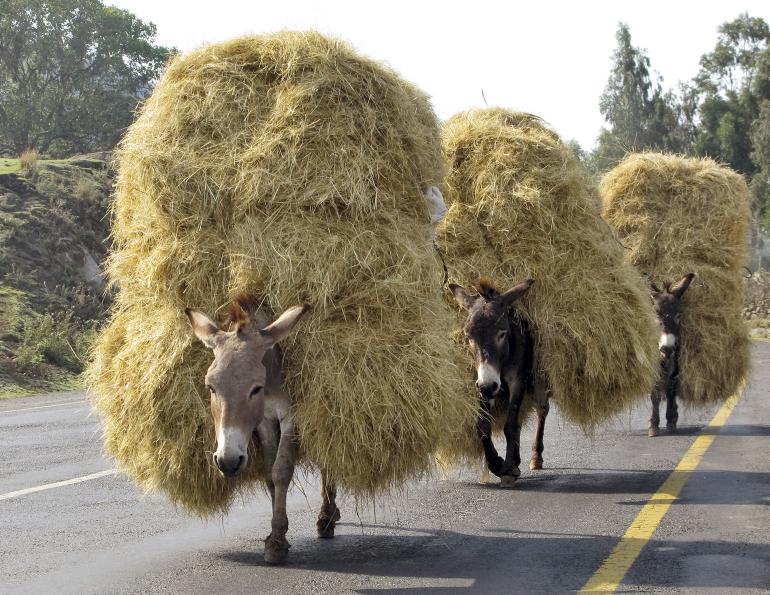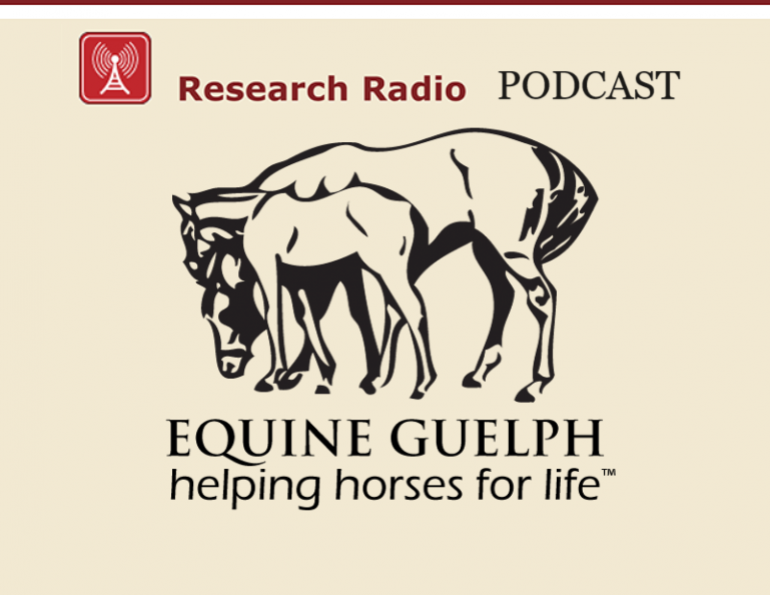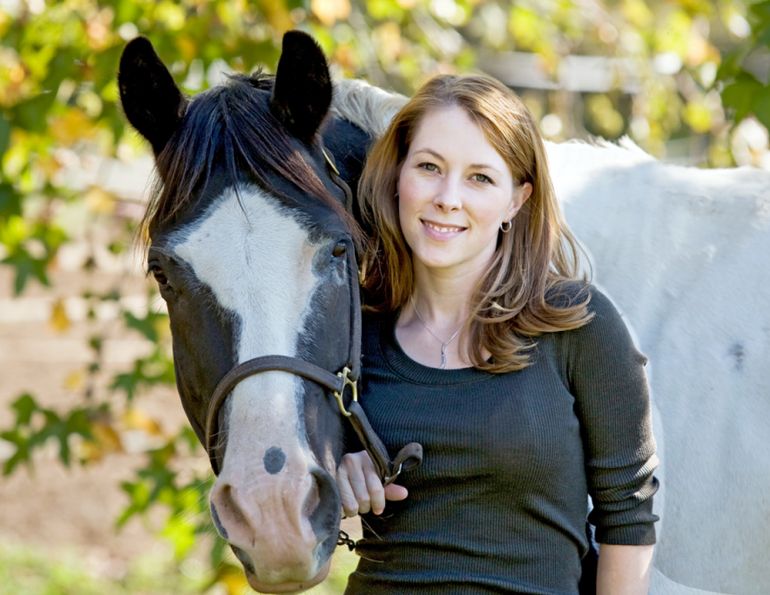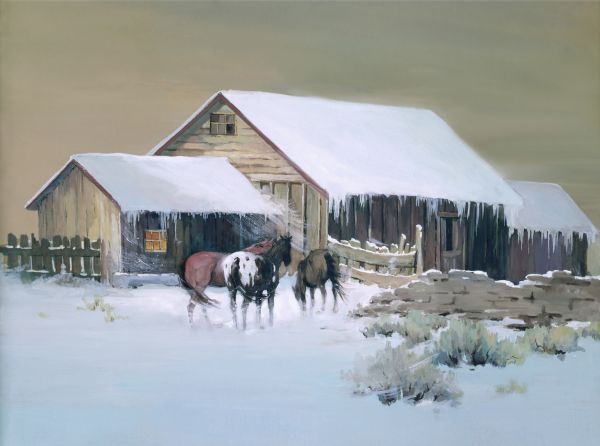You become responsible, forever, for what you have tamed. - Antoine de Saint-Exupéry
By Kathy Smith
When Dorothy Brooke, the wife of a British army major general, arrived in Egypt in 1930, she became aware of the fate of thousands of former war horses that had faithfully served the British army during World War I. Born in the United Kingdom, these horses were shipped overseas to serve in the war and had not returned home. Those that survived were now living a life of crippling hardship as working horses on the streets of Cairo and elsewhere in Egypt. She decided to do whatever was necessary to ease their suffering.
Old Bill, the first ex-war horse she found, had once served in Palestine. Now the old chestnut bearing an army brand was emaciated with swollen, trembling legs, and she found hundreds more in similar condition. She went to work exposing their plight, setting up the Old War Horse Campaign of Rescue, and began fundraising to buy the horses and relieve their suffering.
In a letter to The Morning Post newspaper (now known as The Daily Telegraph) in 1931, she wrote:
"Out here, in Egypt, there are still many hundreds of old Army horses sold of necessity at the cessation of the War. They are all over twenty years of age by now, and to say that the majority of them have fallen on hard times is to express it very mildly. Those sold at the end of the war have sunk to a very low rate of value indeed: they are past 'good work' and the majority of them drag out wretched days of toil in the ownership of masters too poor to feed them — too inured to hardship themselves to appreciate, in the faintest degree, the sufferings of animals in their hands.
These old horses were, many of them, born and bred in the green fields of England — how many years since they have seen a field, heard a stream of water, or a kind word in English?
Many are blind — all are skeletons.
If those who truly love horses...will send contributions to help in giving a merciful end to our poor old war heroes, we shall be extremely grateful.
A fund is being raised to buy up these old horses. As most of them are the sole means of a precarious livelihood to their owners, adequate compensation must, of necessity, be given in each case. An animal out here, who would be considered far too old and decrepit to be worked in England, will have before him several years of ceaseless toil.”
Her campaign appealed to British horse lovers who donated generously to help end the suffering of these horses. She purchased 5,000 former war horses within three years, finding many in such poor health that they had to be humanely euthanized. In 1934, she founded the Old War Horse Memorial Hospital in Cairo, and Brooke Hospital for Animals was born.
Now an international equine charity based in the United Kingdom, and rebranded in 2016 to Brooke — Action for Working Horses and Donkeys, it is the largest equine charity in the world. Their website describes them as “an international charity that protects and improves the lives of horses, donkeys, and mules which give people in the developing world the opportunity to work their way out of poverty.”
Related: Brooke USA Calls on Amazon to Ban the Sale of Ejiao
The welfare of working equines around the world is crucial to keeping families out of extreme poverty, yet these animals are frequently overlooked. Brooke sees immense problems including extreme poverty, lack of animal husbandry knowledge, and cultural practices that inflict harm to animals. Yet a suffering animal unable to work puts a family at risk of increased poverty and possibly starvation.
Today Brooke reaches more than 1.4 million working horses, donkeys, and mules, and works toward the vision of “a world in which working horses, donkeys, and mules are free from suffering and have a life worth living.” In 13 countries across Africa, Asia, the Middle East, and Latin America their efforts assist the 600 million people whose lives are supported by working equines.
Most recently Brooke Pakistan helped more than 11,000 equines by providing emergency treatment, feed, and health advice during the devastating flooding that began in June 2022. Their latest report estimates that more than 20 million people still require humanitarian assistance and over 1,700 have died, with more than one million livestock animals killed. Both owners and their animals are now under the severe stress of lack of food and drinking water, as well as shelter and fuel stocks. Here, large numbers of donkeys, mules, and horses work in the brick kilns which are now under water, and with work and wages stopped and fuel destroyed, assistance will be needed for some time.
For more information, please visit: www.thebrooke.org.
Related: Brooke Hospital for Animals
Related: The Donkey Skin Trade
Photo: iStock/urosr




























